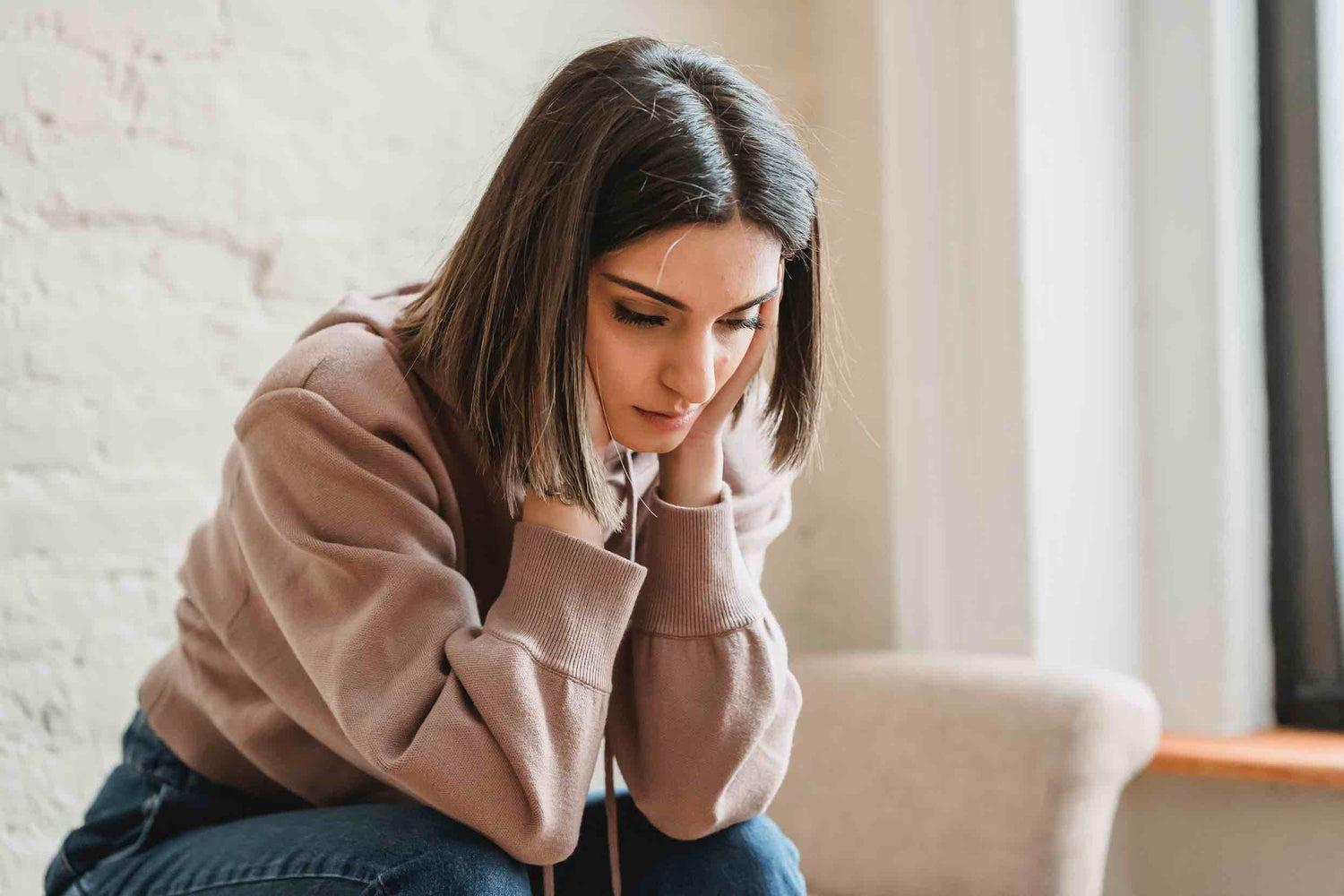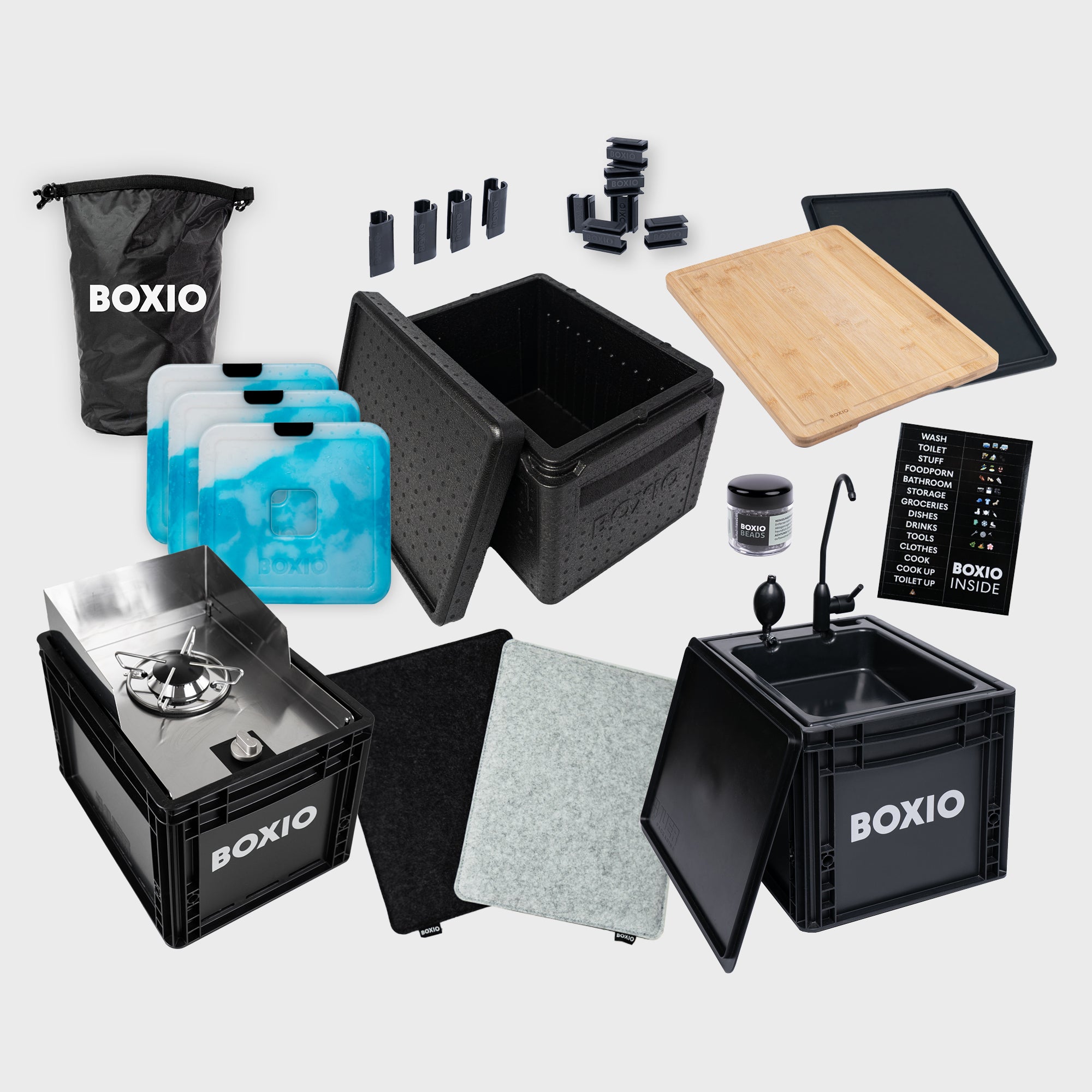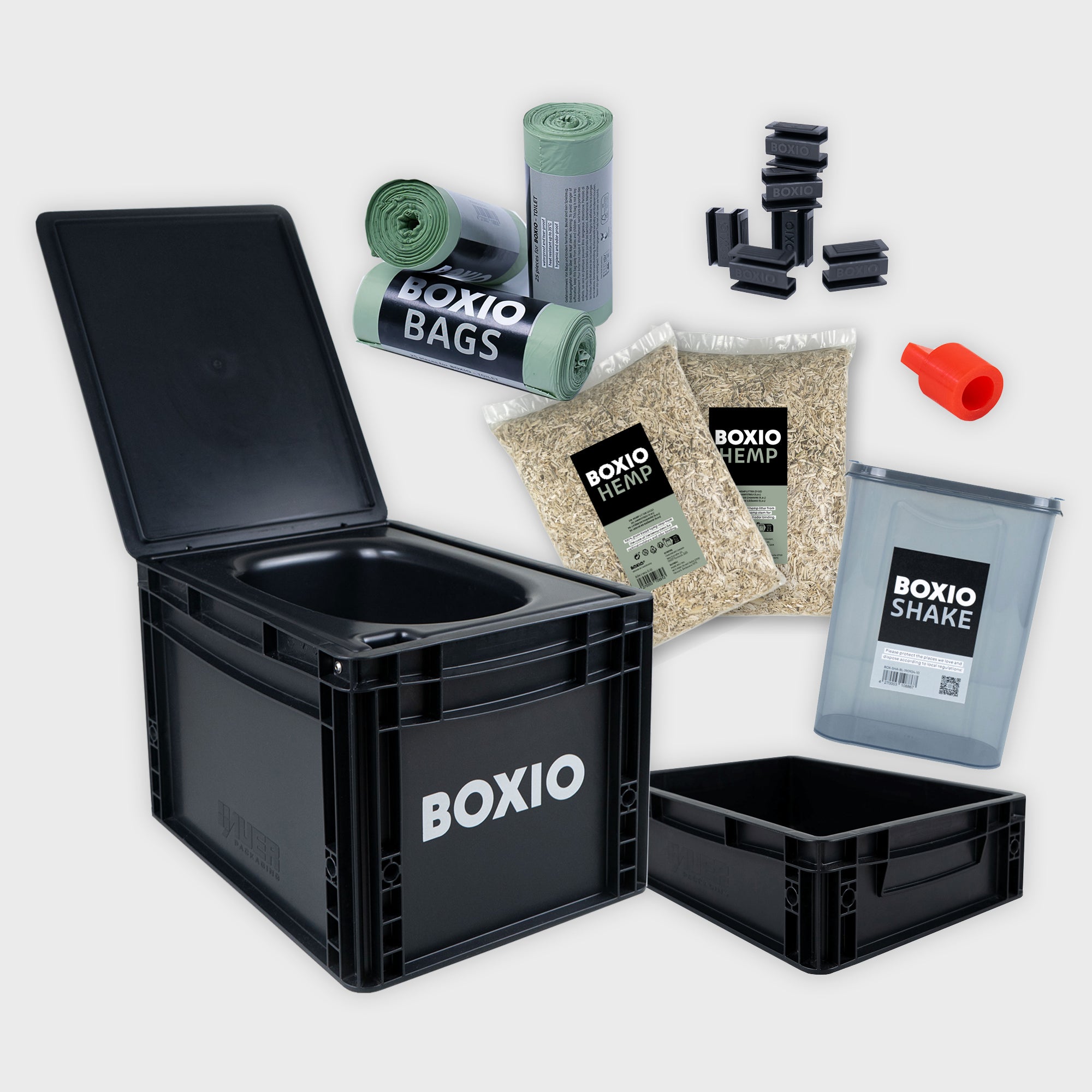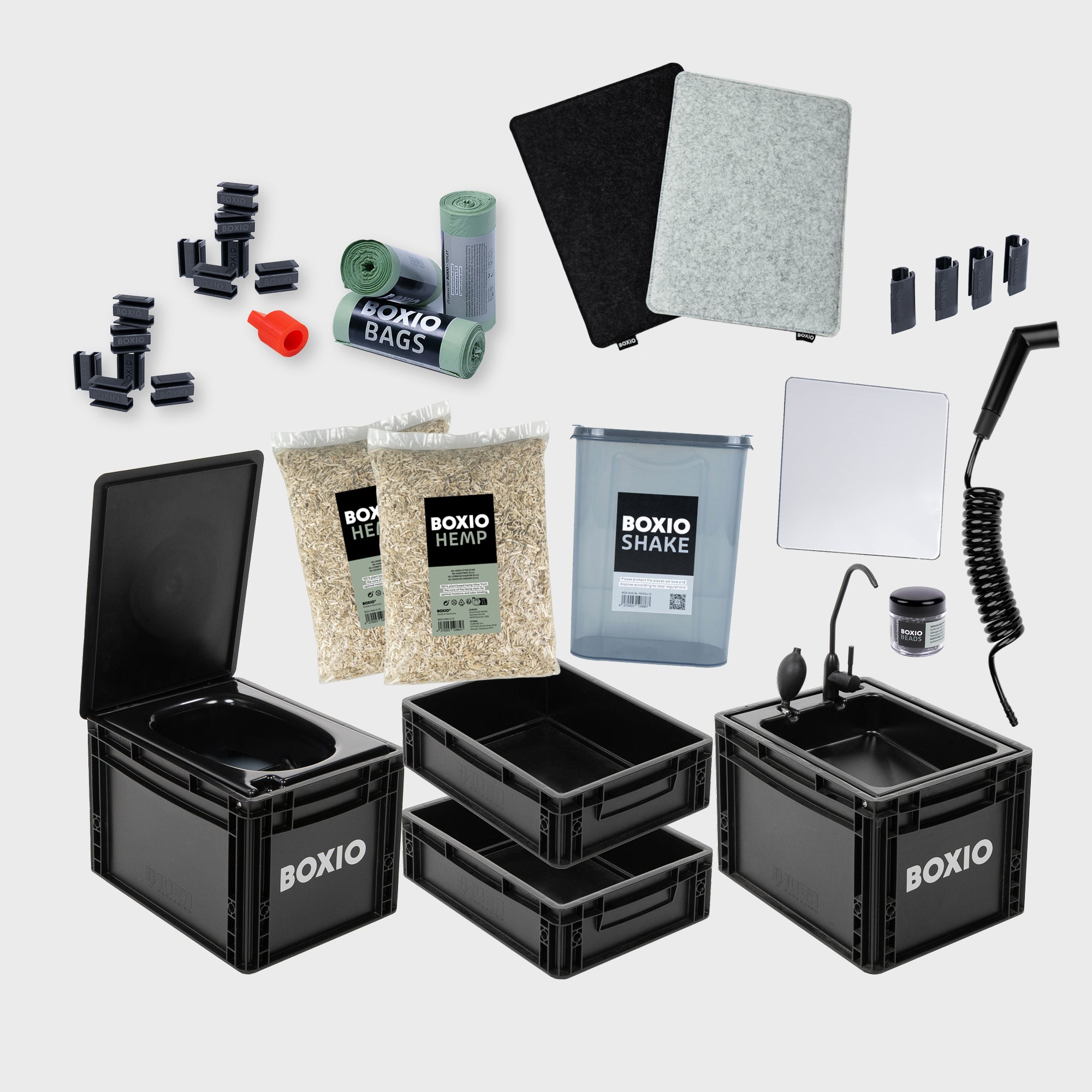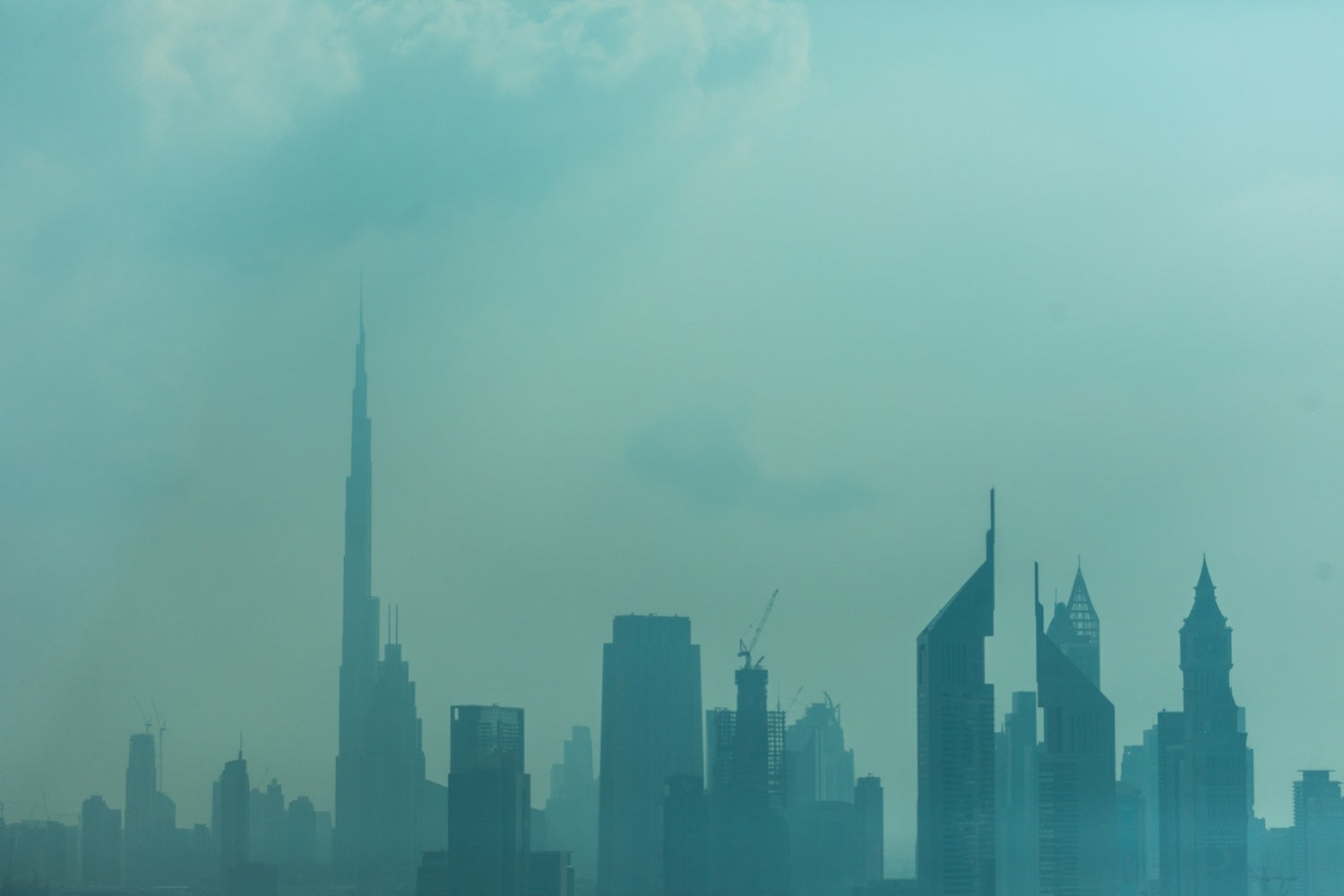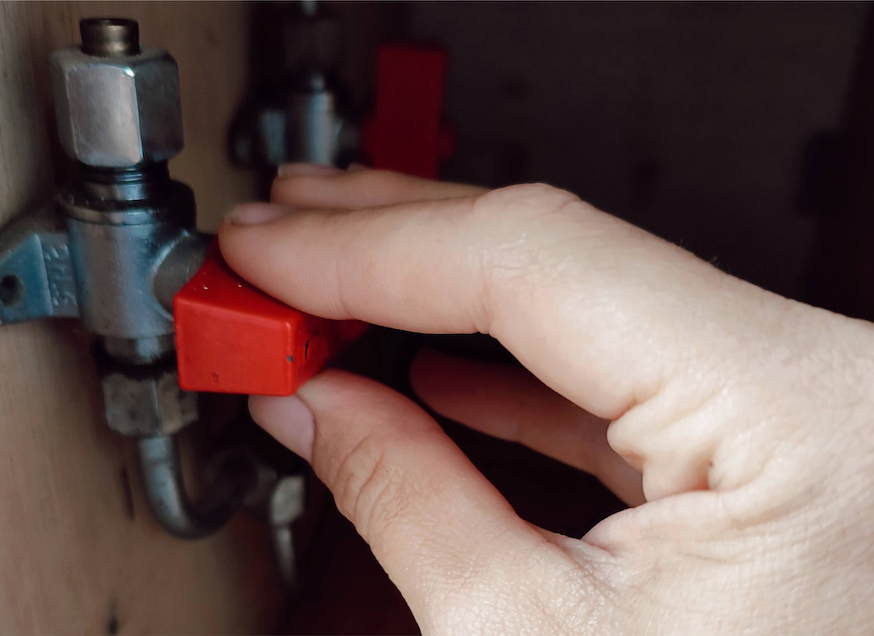The coronavirus pandemic has clearly shown that a crisis situation can quickly catch up with us, even in tranquil Germany.
However, if a zombie apocalypse is not just around the corner, we can prepare ourselves against crises and easily take precautions in the event of an emergency.
What does crisis preparedness mean?
The term "crisis preparedness" or "emergency preparedness" refers to the measures you can take to ensure your own safety before, during and after an emergency or natural disaster.
Examples of a crisis include natural disasters such as floods, snowstorms, hurricanes and earthquakes. Man-made crises can be explosions, fires or chemical and biological attacks.
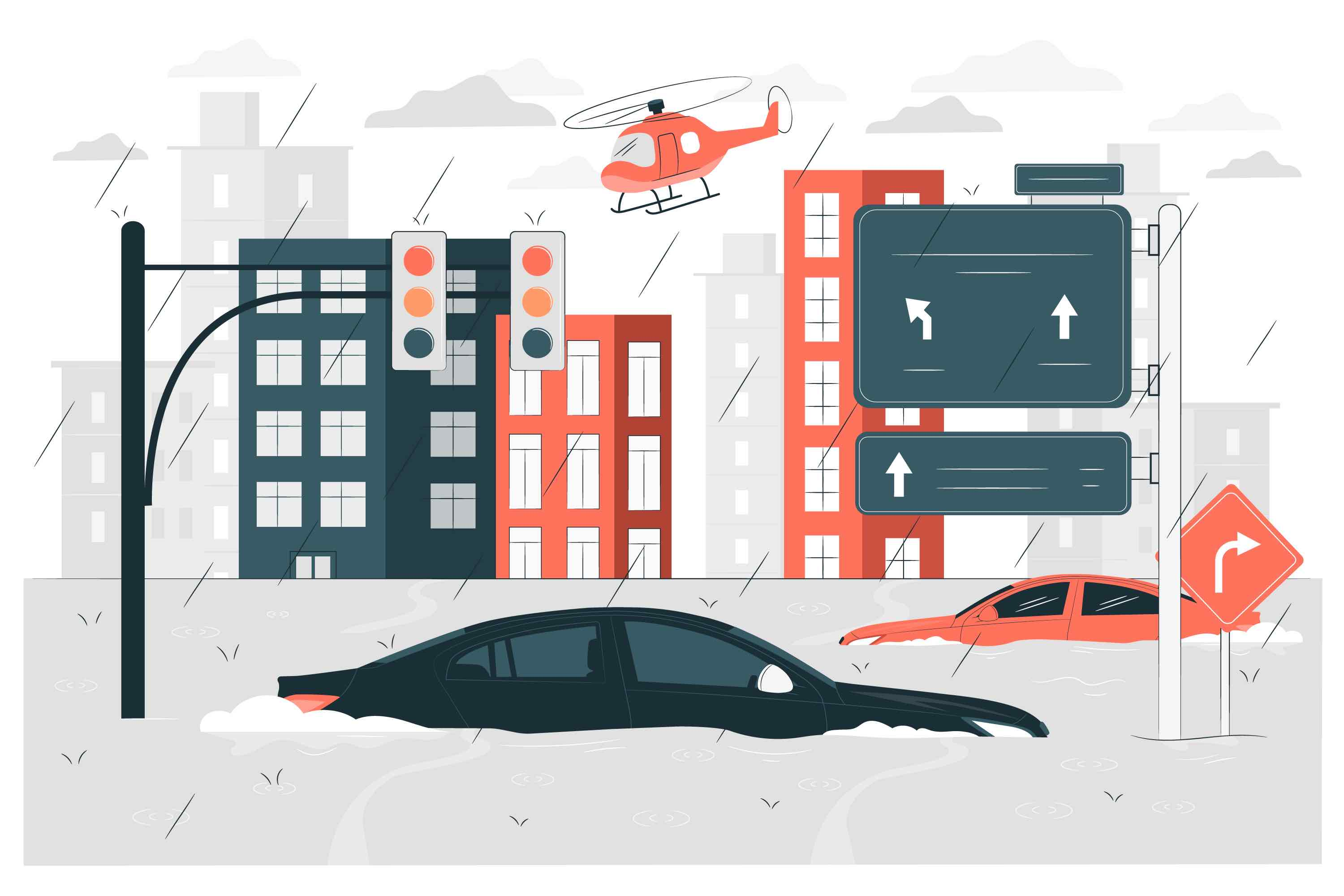
What does crisis preparedness involve?
There are six important points to bear in mind in the event of a crisis:
-
Health
-
water
-
food
-
Hygiene
-
First aid
-
Power failure
To protect yourself and your family in the event of a crisis, you should therefore take precautions in every category. It is particularly important to have an emergency supply of food, as supermarkets may be closed in crisis situations and normal food shopping may become impossible.
As life without drinking water is not possible, you should pay particular attention to securing your drinking water supply as part of your personal crisis preparedness.
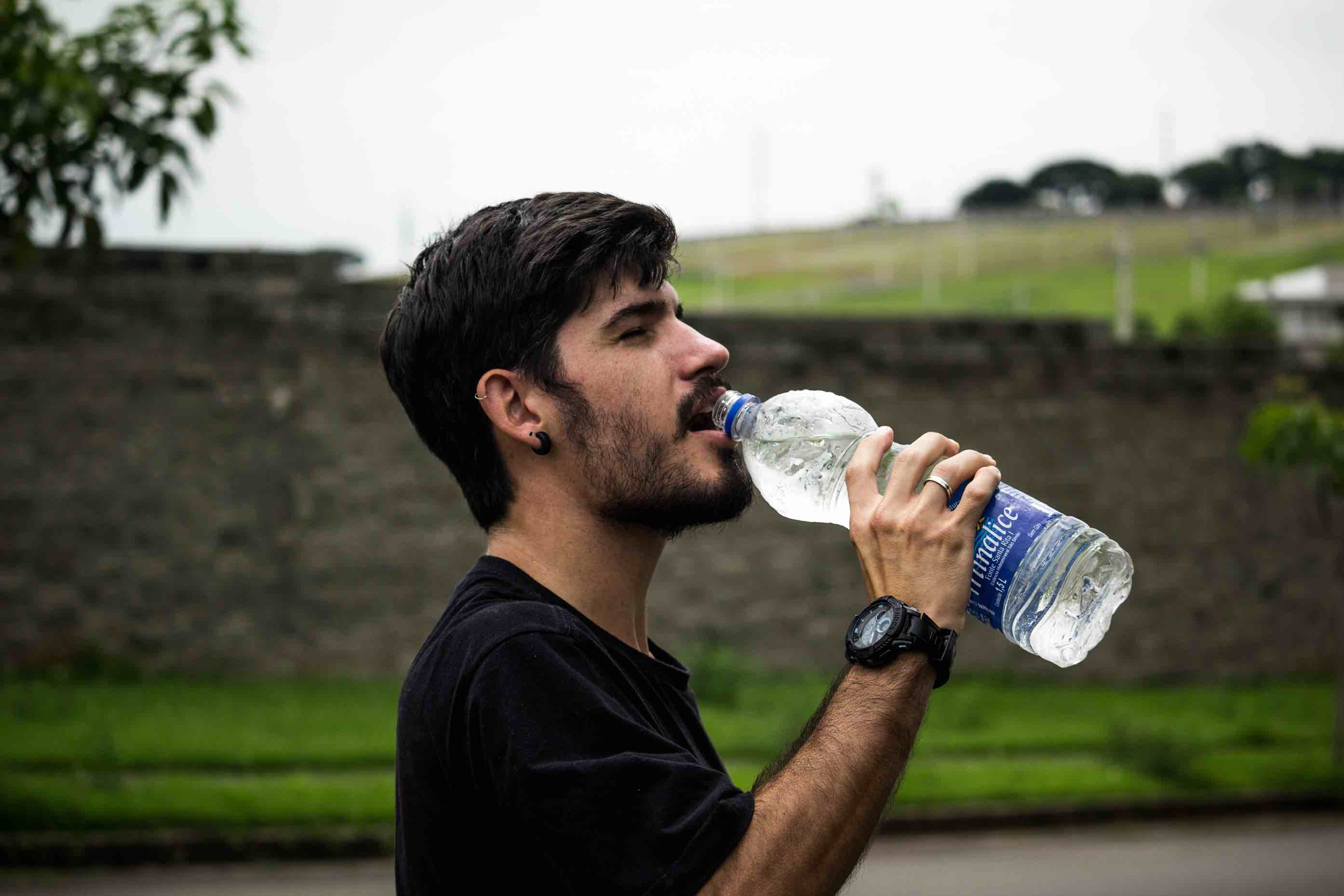
Your personal crisis preparedness checklist
To help you prepare for an emergency, we would like to provide you with information and recommendations in this article on how you can best prepare for a crisis situation.
There are some things and items of equipment that may prove to be vital, while others are less important. So let's take a look at this ultimate emergency supply list:
⒈ Food supplies
When shopping for food, you should pay particular attention to buying products that have a long shelf life.
Your supplies may include, but are not limited to, the following:
-
pasta
-
rice
-
Shelf-stable bread
-
Long-life sauces
-
Preserves and preserves
-
Nuts and seeds
-
Shelf-stable vegetables
-
Long-life fruit
-
Coffee, tea, fruit juices
-
Cereal products
-
Long-life milk
-
Spices
-
Oils
-
Fats
💡 Tip: If you're looking for more inspiration, you can also think about what you would take with you on a camping trip.
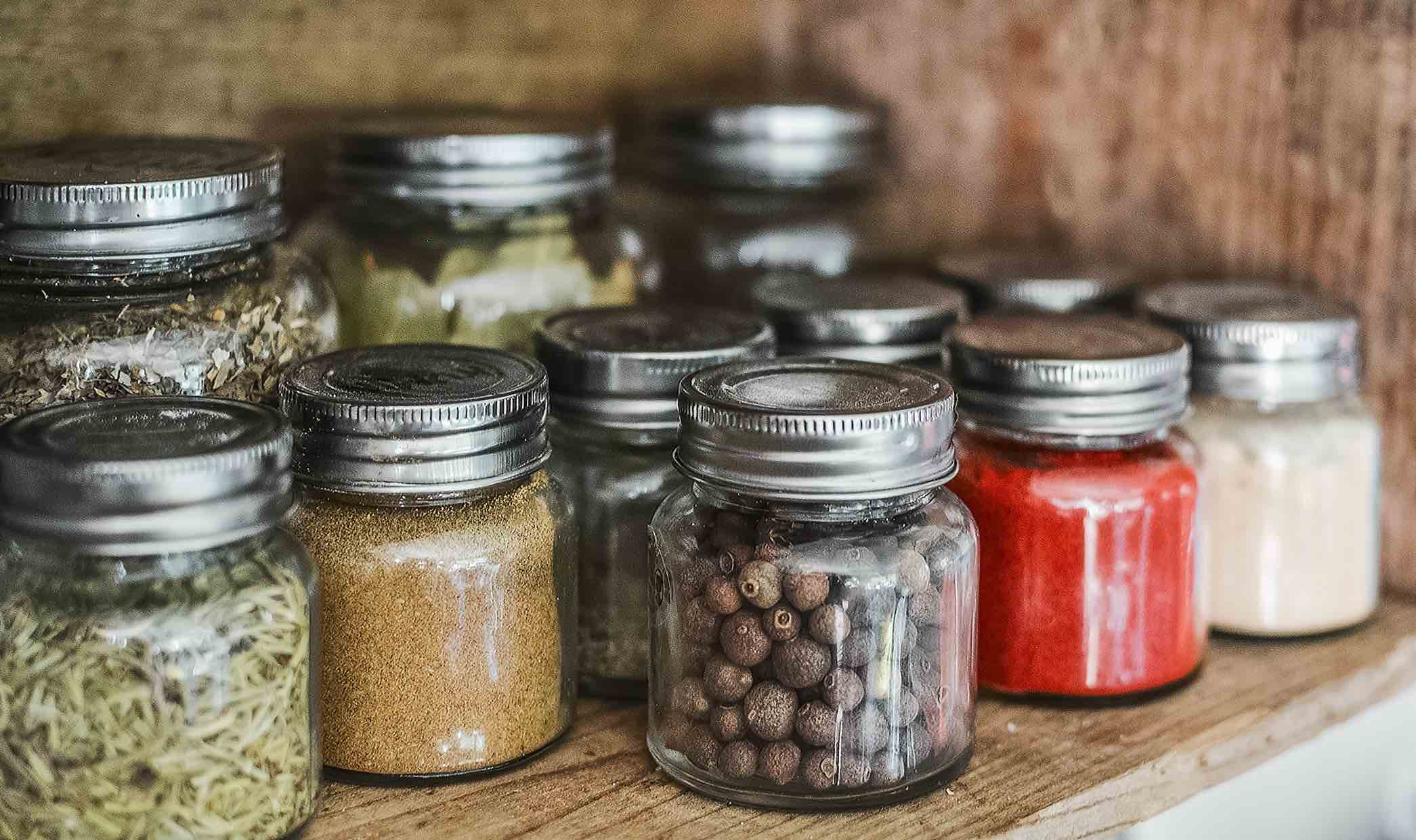
⒉ Emergency drinking water supply
Sufficient (drinking) water is the be-all and end-all of good crisis preparedness.
For example, you can store tap water in canisters and buy water filters to purify drinking water. To store enough water for 14 days, you should calculate as follows:
-
1 person = 50 l
-
2 people = 100 l
-
3 people = 150 l
-
4 persons = 200 l
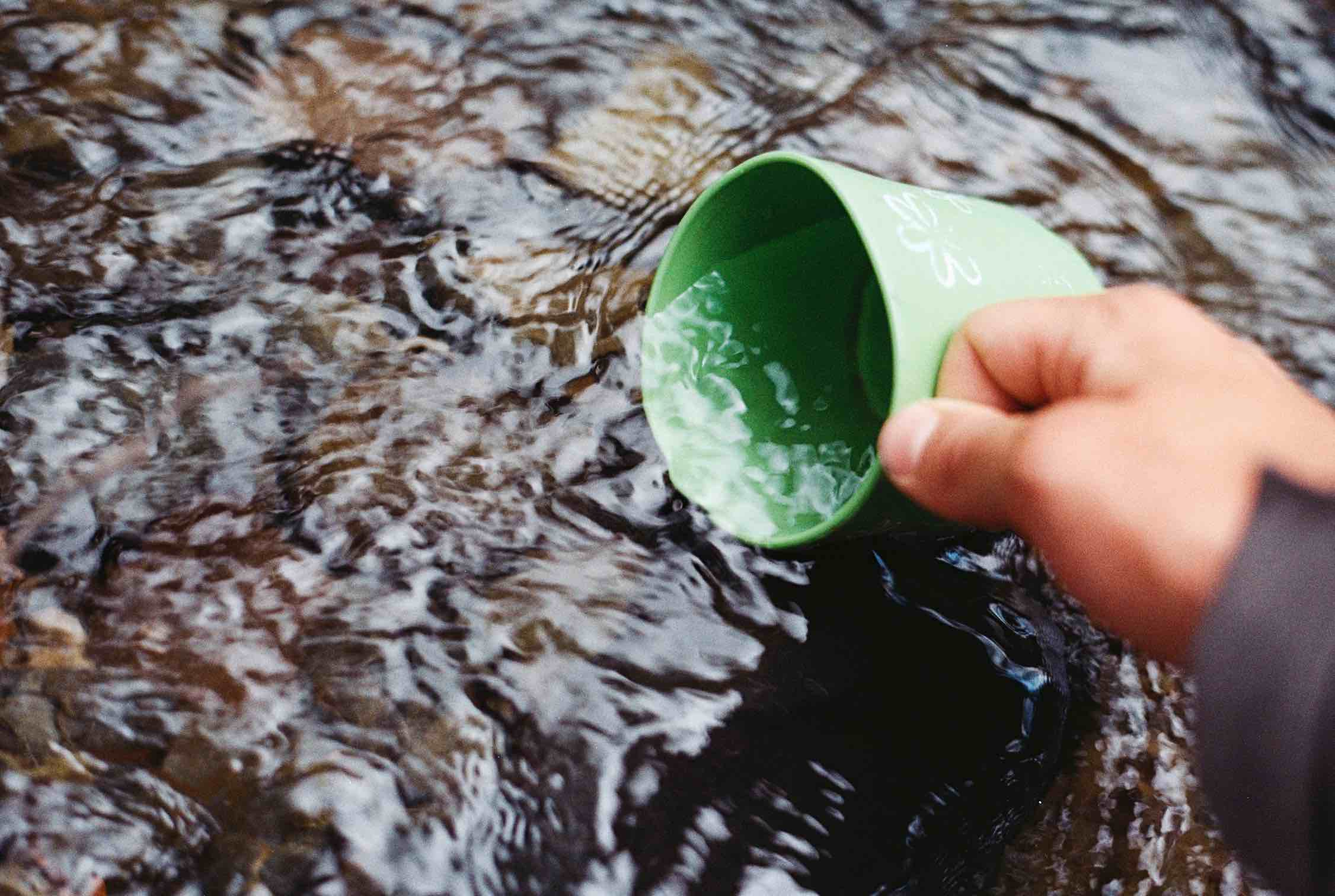
⒊ First aid pharmacy
In the event of a crisis, good basic medical care is also essential.
You can easily ensure this with an appropriately equipped first-aid kit. Preferably in a specially designed box to protect the products from external influences.
You should also have these items on hand in everyday life to ensure your health:
-
Analgesics and antipyretics
-
Remedies for diarrhea, nausea and vomiting
-
Electrolytes to compensate for fluid loss
-
Clinical thermometer
-
Splinter tweezers
-
Hand sanitizer
-
Disinfectant for wounds
-
Dressing material (gauze compress, bandage scissors, plasters and bandages, triangular cloth)
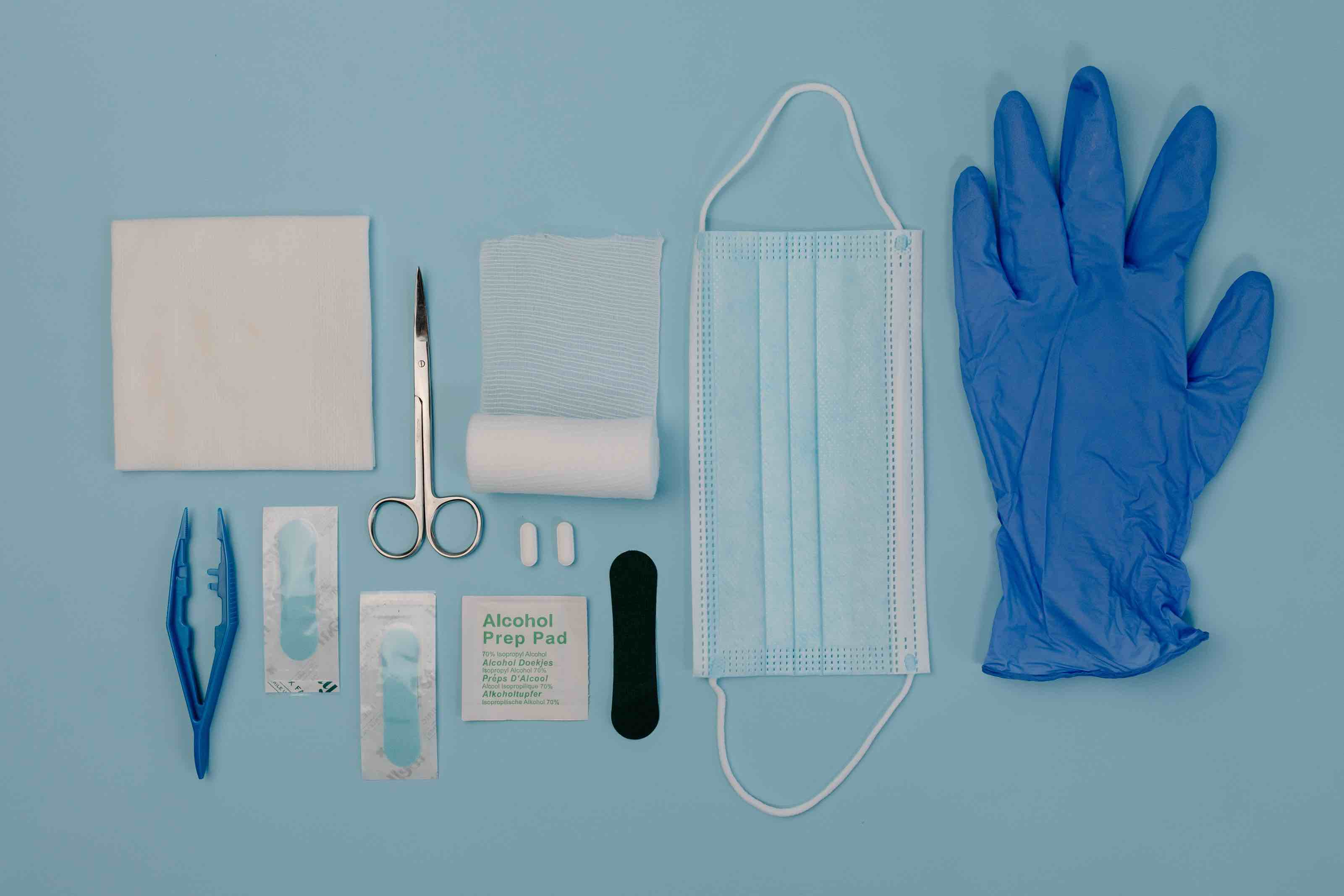
⒋ Hygiene articles
You should also pay attention to your personal hygiene during a crisis situation.
This will help you prevent illness and simply make you feel better. So have a few important things ready for emergencies:
-
Toothbrush
-
toothpaste
-
soap
💡 Tip: In an emergency, you may run out of running water and the toilet will not flush. For hygienic reasons, you can use a urine-diverting toilet in such cases.
➡️ You can find out more about the urine-diverting toilet in our blog post "Camper toilet".

⒌ Emergency equipment
In an emergency situation, electricity is not usually vital at first, but it can still be very helpful.
For this reason, you can obtain certain emergency devices to ensure a continuous power supply in the event of a crisis (and also in the event of a power cut in everyday life).
These include, for example
-
Power bank
-
Solar camping light
-
solar generator
-
Power generator
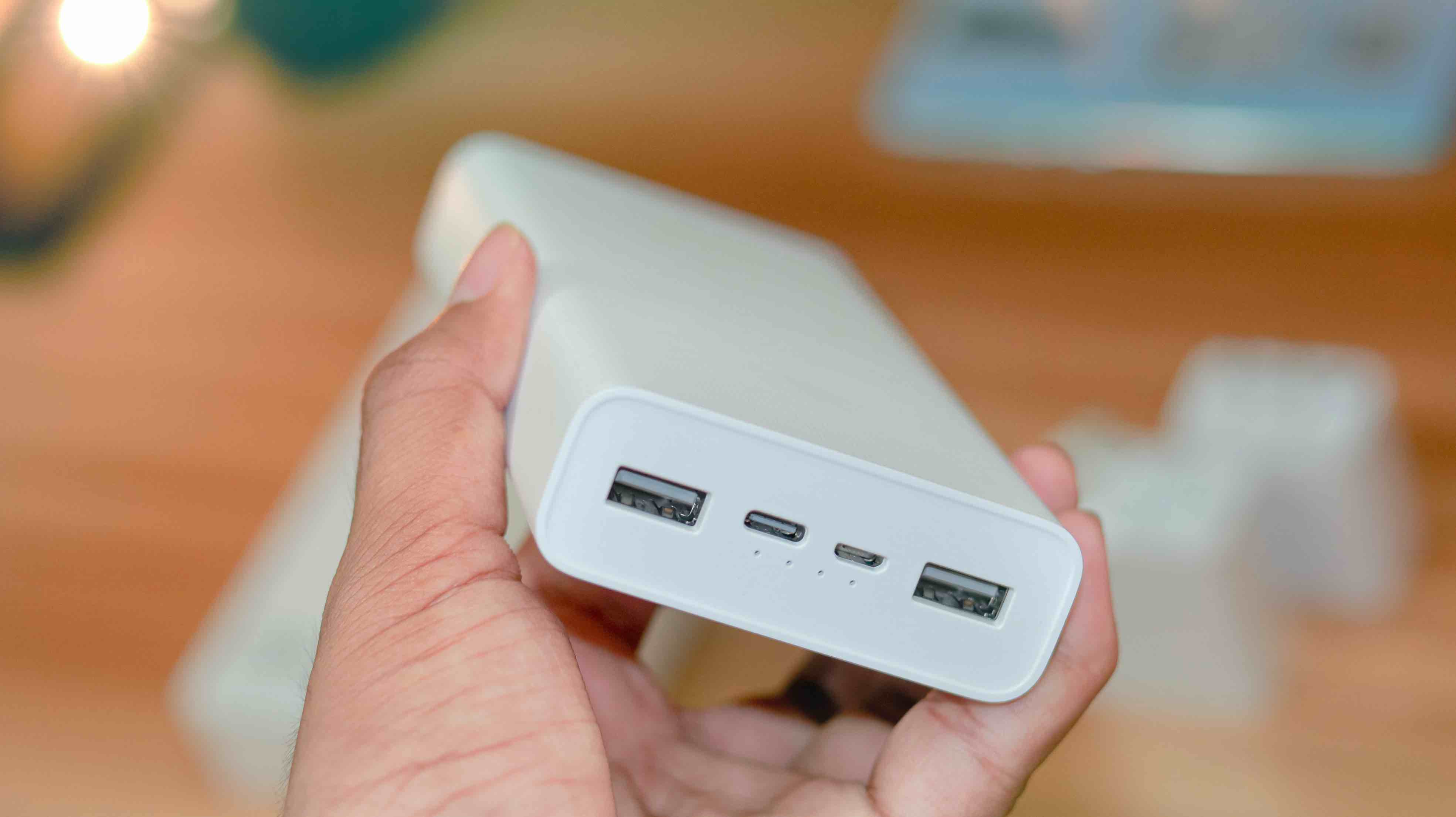
Conclusion: Crisis preparedness made easy
It often happens faster than you think that you find yourself in a (minor) crisis situation.
In Germany, these are usually floods or severe storms. That's why we've focused on crisis preparedness at home in this text. There, the last thing you might think about is buying a portable toilet.
But without a water supply, doing your own business can become very unpleasant and, at a certain point, simply unhygienic. In city apartments in particular, it can therefore pay off to have a compact urine-diverting toilet in the storage room - just in case of a minor (or major) emergency 😉.

Crisis preparedness - FAQ
What is the best equipment for times of crisis?
What should you always have at home in the event of a disaster? Long-term food is particularly suitable as an emergency supply, as this food can be stored for a longer period of time - and completely without refrigeration.
What do you need to survive for 14 days?
An adult needs the following food for 14 days: 30 liters of water, several kilos of cereal products, vegetables and fruit. Nuts, fats, oils and spices as well as dairy products should also be part of the supply, as well as canned food.
What to do in the event of a complete blackout?
To be able to manage without electricity in an emergency, you should have candles, matches, a camping stove, gas cartridges and wood at home.


